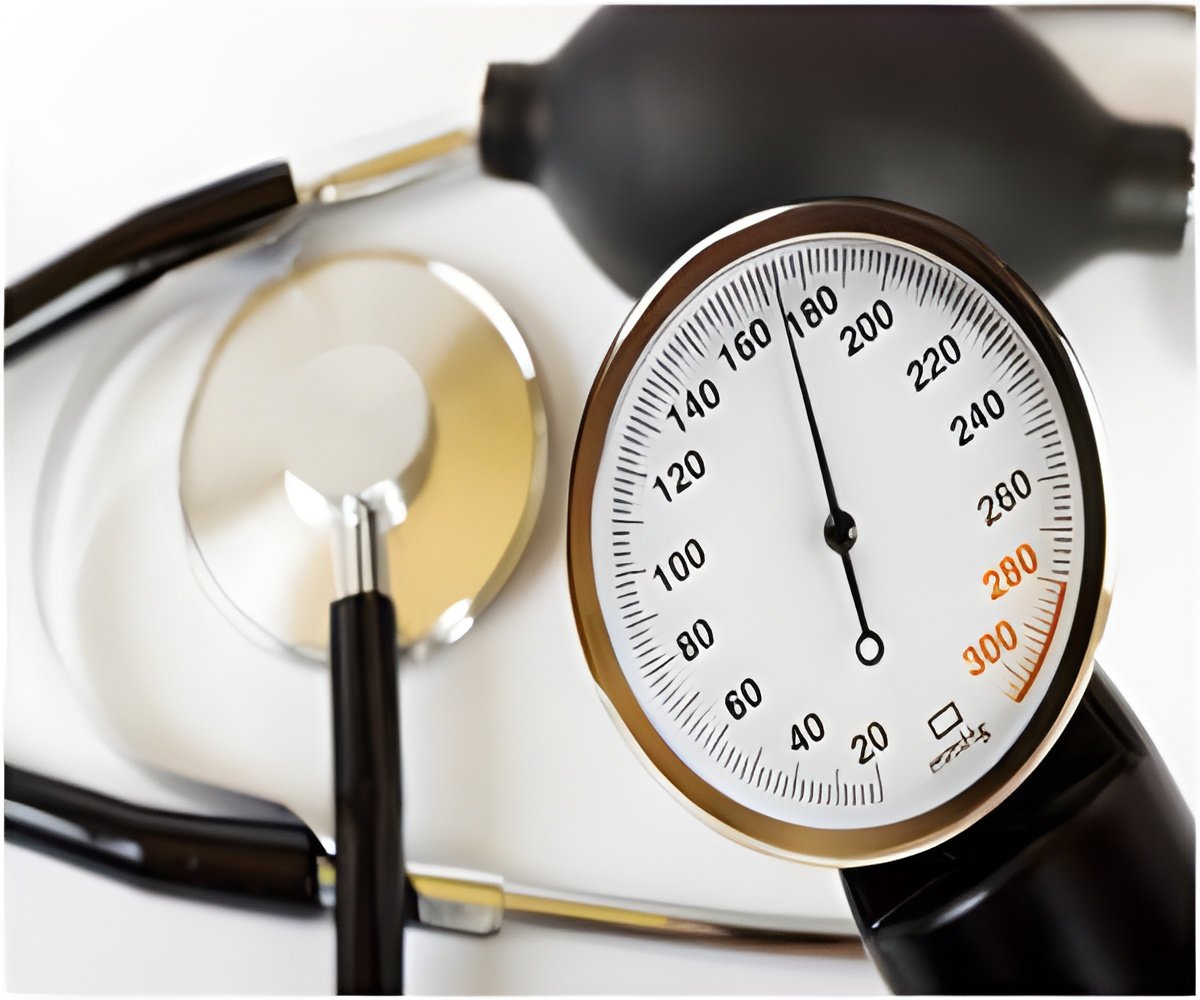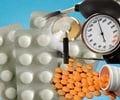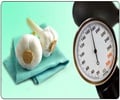Researchers have examined whether moderate lowering of blood pressure within the first 48 hours after the onset of an acute ischemic stroke would reduce death.

The China Antihypertensive Trial in Acute Ischemic Stroke, a randomized controlled trial, was conducted among 4,071 patients with ischemic stroke within 48 hours of symptom onset and elevated systolic blood pressure. Patients were recruited from 26 hospitals across China between August 2009 and May 2013. Patients (n = 2,038) were assigned to receive antihypertensive treatment (aimed at lowering systolic blood pressure by 10 percent to 25 percent within the first 24 hours after randomization, achieving blood pressure less than 140/90 mm Hg within 7 days, and maintaining this level during hospitalization) or to discontinue all antihypertensive medications (control) during hospitalization (n = 2,033).
Average systolic blood pressure was reduced from 166.7 mm Hg to 144.7 mm Hg (-12.7 percent) within 24 hours in the antihypertensive treatment group and from 165.6 mm Hg to 152.9 mm Hg (-7.2 percent) in the control group within 24 hours after randomization. Average systolic blood pressure was 137.3 mm Hg in the antihypertensive treatment group and 146.5 mm Hg in the control group at day 7 after randomization. The primary outcome (a combination of death and major disability at 14 days or hospital discharge) did not differ between treatment groups (683 events [antihypertensive treatment] vs. 681 events [control]) at 14 days or hospital discharge. The secondary composite outcome of death and major disability at 3-month posttreatment follow-up did not differ between treatment groups.
These findings suggest that the decision to lower blood pressure with antihypertensive treatment in patients with acute ischemic stroke does not improve or worsen outcome and therefore should be based on individual clinical judgment, the authors write.
Source-Eurekalert















